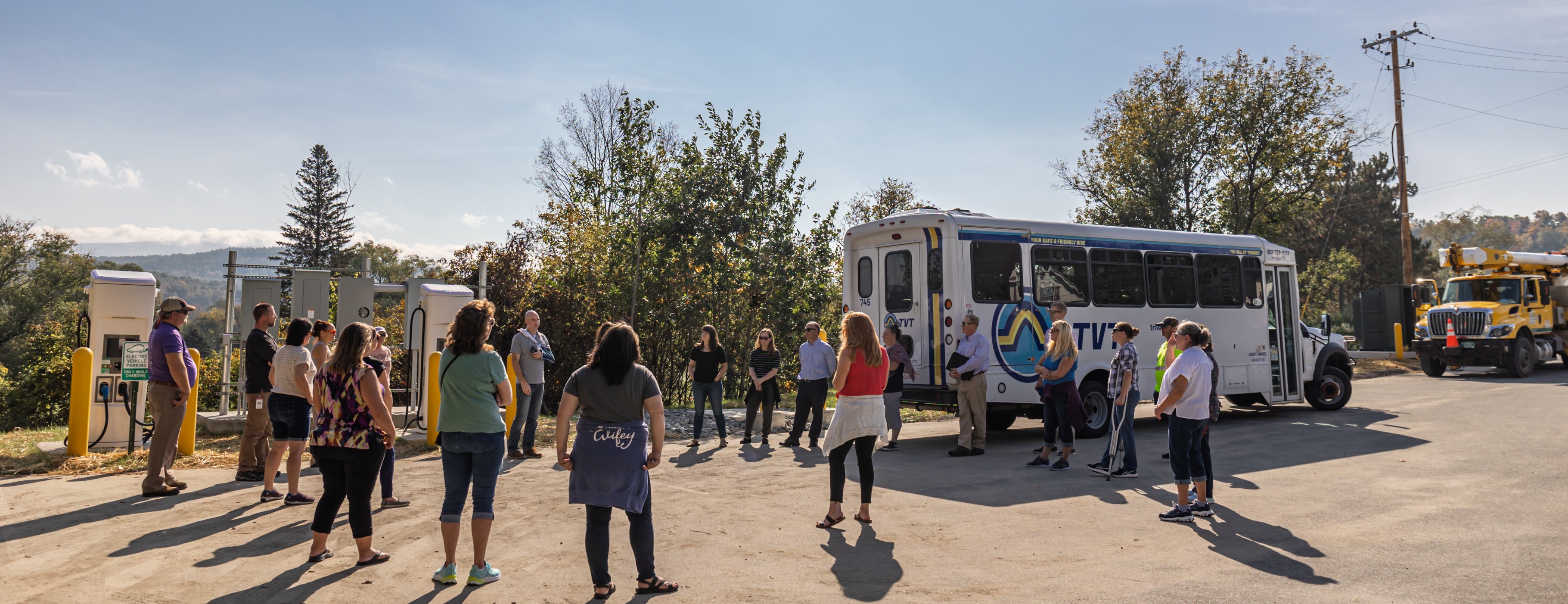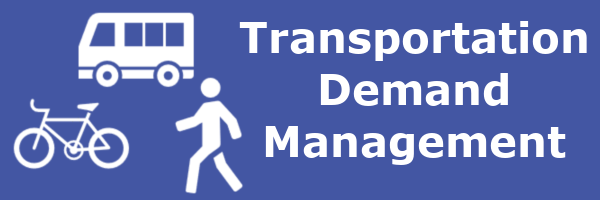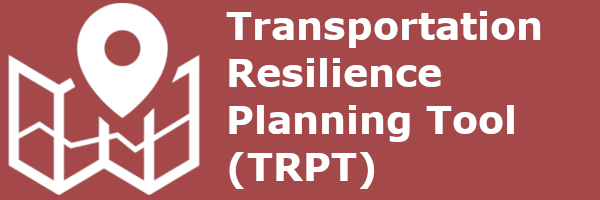
Environmental Policy & Sustainability
Environmental Policy & Sustainability
Transportation accounts for 38% of the total energy consumed in Vermont and is a leading contributor of approximately 40% of all greenhouse gas (GHG) emissions. In concert with other state agencies, the Vermont Agency of Transportation (VTrans) remains actively involved in efforts to reduce climate and environmental impacts associated with transportation while recognizing that access to safe, reliable, and equitable transportation is a necessity for all Vermonters. Read more about VTrans’ climate change mitigation and adaptation efforts below and on the related pages.
Mitigation: Transportation Emissions Reductions
Efforts to transform the transportation sector include investments in fossil-fuel-free technology such as electric vehicle charging stations; electric cars, trucks, and buses; and mode shift strategies including bike lanes, park-and-rides, public transit, passenger and freight rail, and pedestrian safety.
Adaptation: Transportation Resilience
Efforts to protect the transportation system from the impacts of extreme weather and other natural hazards include identifying where the network is most vulnerable and then implementing strategies to mitigate future damage and lessen the severity and impact of service disruptions. The impacts of climate change are already being felt across Vermont, and transportation resilience is vital to achieving the Agency's mission to provide for the safe and efficient movement of people and goods in a socially, economically, and environmentally sustainable manner in the face of these impacts.
Interagency Coordination
In 2017, Governor Scott created the Vermont Climate Action Commission. VTrans was actively involved in drafting the Commission’s Final Report, submitted to the Governor in July 2018, and remains involved with statewide climate policy and programs through the Comprehensive Energy Plan, the Climate Action Plan, and other initiatives.
The Comprehensive Energy Plan (CEP) is published by the Department of Public Service every six years. The most recent version was published in January 2022 and provides an in-depth look at energy consumption across all sectors within Vermont. VTrans has been engaged with planning, drafting, and editing the transportation and land use chapter.
Pursuant to Vermont’s Global Warming Solutions Act, the Vermont Climate Council submitted a Climate Action Plan (CAP) to the Legislature on December 1, 2021. The CAP explores pathways, strategies, and actions to address climate change across all sectors and ensure that Vermont meets its statutory greenhouse gas reduction requirements. Equity is a central focus, as the CAP seeks to ensure those most impacted by climate change and the clean energy transition are not left behind. The Secretary of Transportation serves on the Council, and VTrans supports the Council’s work on issues related to vehicle emissions and other environmental impacts from the transportation sector.
Questions
Contact the Environmental Policy & Sustainability team's general mailbox at aot.climate@vermont.gov.
Newsletter Sign Up
If you would like to receive updates from the Agency of Transportation about climate programs and initiatives, please subscribe to our newsletter.






